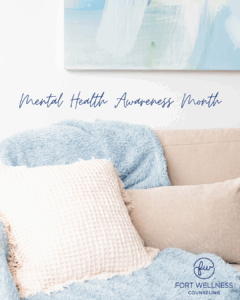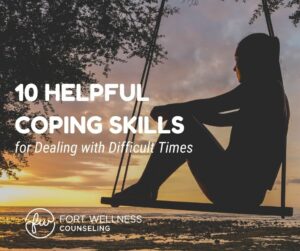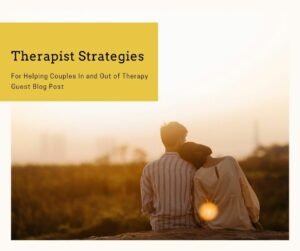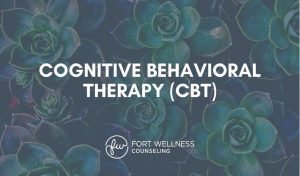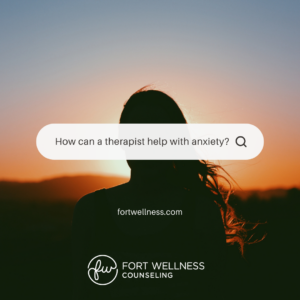When you think of intelligence, what’s the first thing that comes to mind? It’s probably intellect – or “book smarts.” But that’s only one half of it – emotional intelligence requires just as much intention and learning, but it’s often overlooked. Keep reading to find out all about it!
What is Emotional Intelligence?
Your emotional intelligence (EI), or emotional quotient (EQ) – all the same thing – encompasses your ability to understand and manage your own thoughts and recognize and influence the feelings of others. And you can measure your emotional intelligence with four categories:
- Self-Awareness: internally recognizing your feelings.
- Self-Management: taking control of your thoughts and redirecting them.
- Social Awareness: recognizing and processing other people’s feelings.
- Relationship Management: using your understanding of emotions to communicate effectively, resolve conflicts, and build trust, ultimately strengthening your relationships with others.
Essentially, building emotional intelligence lays the foundation for stabilizing your mental health, as it helps you cope with stress, foster stronger relationships, and become more resilient in your daily life overall.
A strong EQ is directly linked to:
- Increased levels of happiness
- Improved work performance and motivation
- Stronger relationships – romantic, platonic, and professional
- Mental resilience in your day-to-day life
But understanding emotions and managing them isn’t instilled in everyone the same way – it takes time and intention to learn! And one of the best ways to work on that is by regularly seeing one of our therapists in Fort Worth at Fort Wellness Counseling.
What Are the Signs of Low Emotional Intelligence?
So, we know what the benefits of a high EQ are – but how do you know if you have a lower emotional understanding? Start by taking the time to notice your own behaviors throughout the day. If you have a lower EQ, you’ll see these signs in yourself:
- You struggle to receive criticism. Even when feedback is constructive, you find yourself getting upset and defensive.
- You can’t put your emotions into words. Verbalizing your thoughts and feelings feels difficult, or even impossible, at times. You find yourself bottling everything up and then exploding at small moments.
- You blame other factors for your problems. You’re always finding another person or thing to place blame on when things go awry – even when you were in control of the situation.
- You have a hard time maintaining friendships. Long-term relationships aren’t common for you, and you find yourself only building surface-level bonds.
- You avoid emotional conversations. When the topic of conversation isn’t as cheery, you find ways to change the subject, instead of focusing on the situation at hand.
Do any of these moments feel familiar? Noticing these tendencies is the first step to improving your mental capacity and better understanding your feelings!
Actionable Steps for Understanding Your Emotions
So, to start effectively building emotional intelligence, you’ll want to focus on:
- Meditating or journaling – find a way to tune into your thoughts, either by talking it out, writing it down, or thinking it through.
- Following a consistent sleep routine – when you’re well rested, you’re able to manage your reactions better and process your thoughts as they happen.
- Listening to podcasts – practice listening to and understanding other perspectives!
- Initiate conversations – get comfortable with the uncomfortable. Talk with people you trust about your feelings, their feelings, and working it all out.
And before you know it, you’ll feel more emotionally regulated during stressful moments, have more meaningful bonds, and be in better control of your thoughts and feelings.
Building a Stronger You: Individual Counseling Services Fort Worth
Taking the first step toward improving your emotional intelligence is a brave one, and you’ve already started just by learning about it! As you continue your journey, know that professional support is always an option. Individual counseling sessions at Fort Wellness Counseling can be the next step in better understanding your feelings. With the guidance of a fully certified counselor, you can work together to take a closer look at how you process emotions and navigate your feelings. Get started today by scheduling an appointment with one of our therapists.











